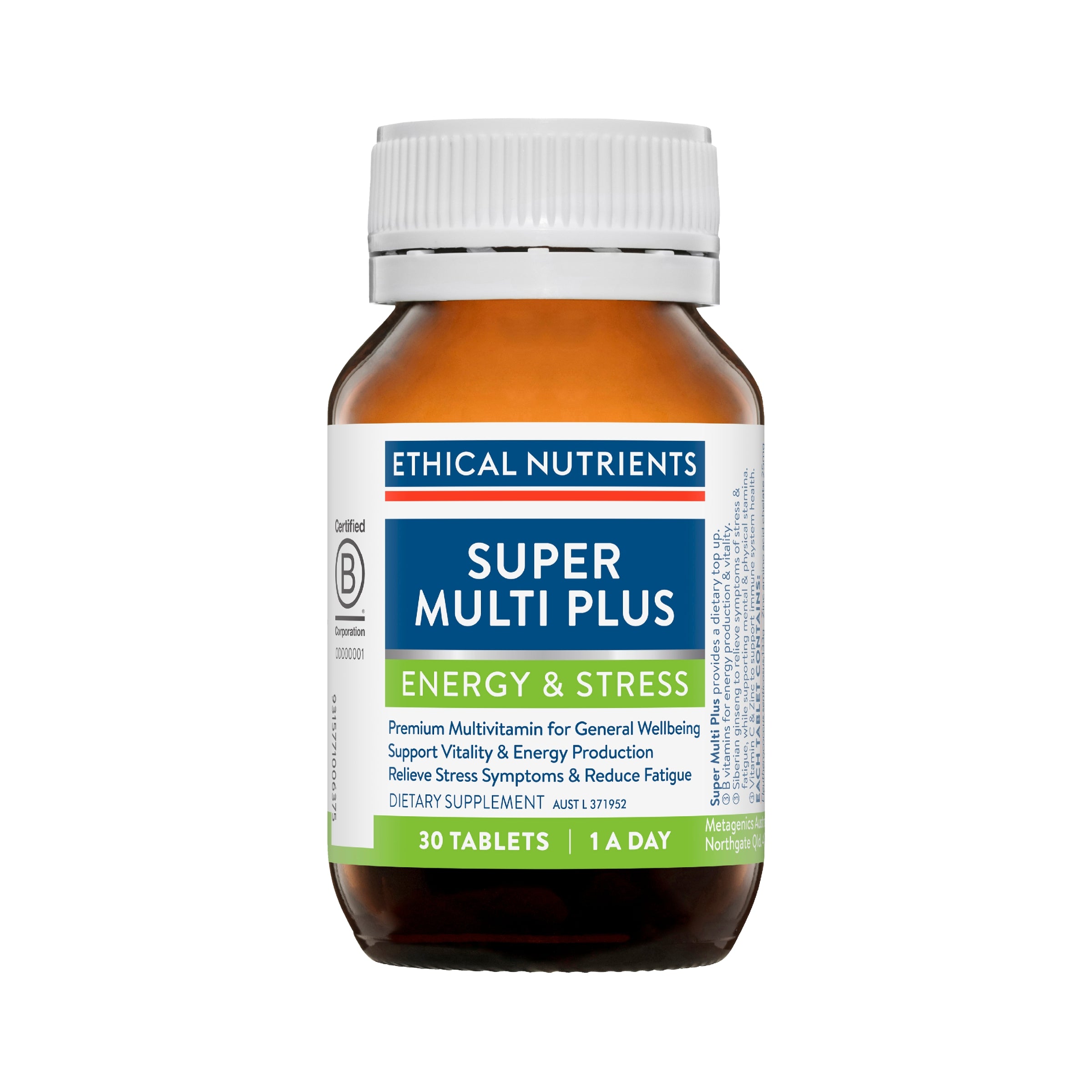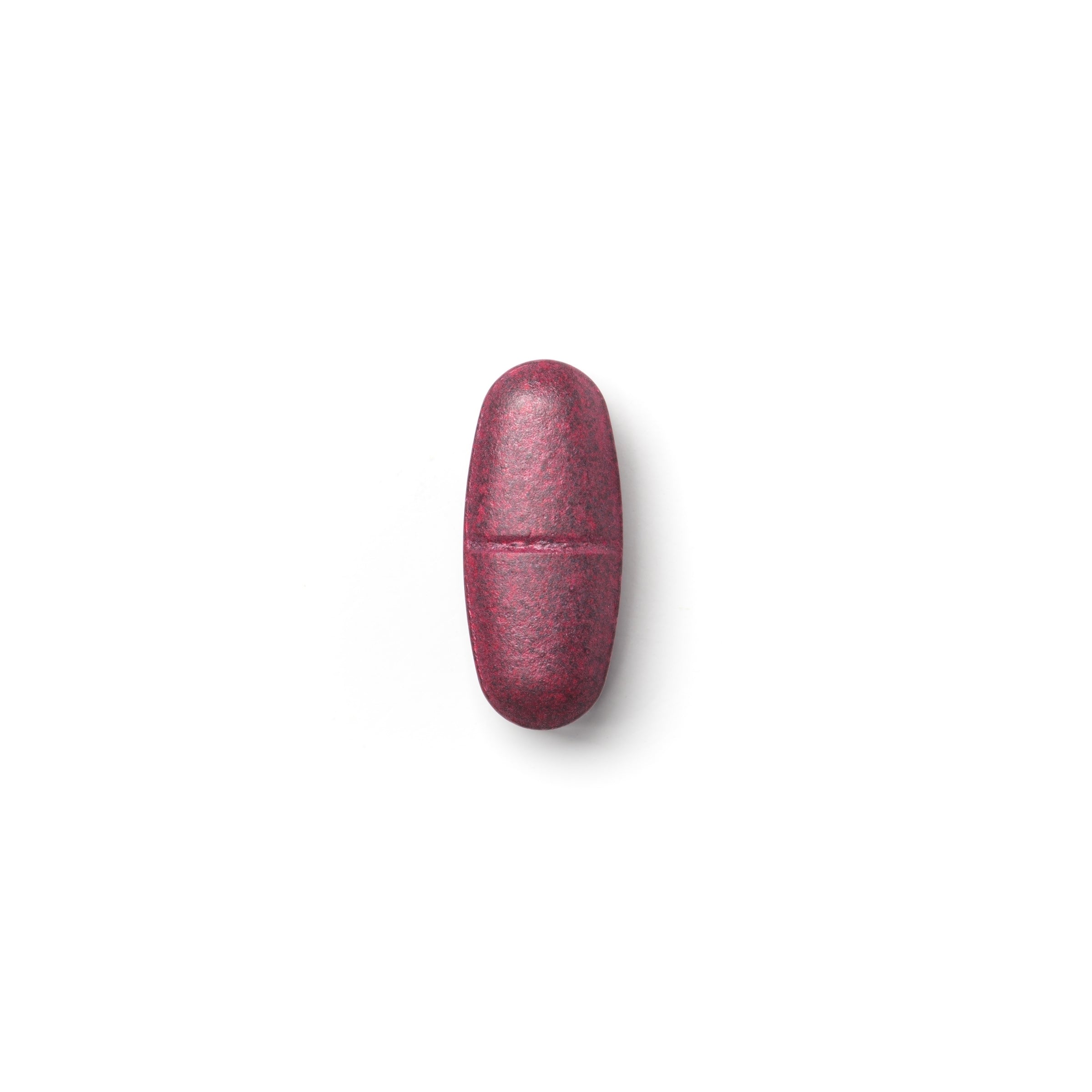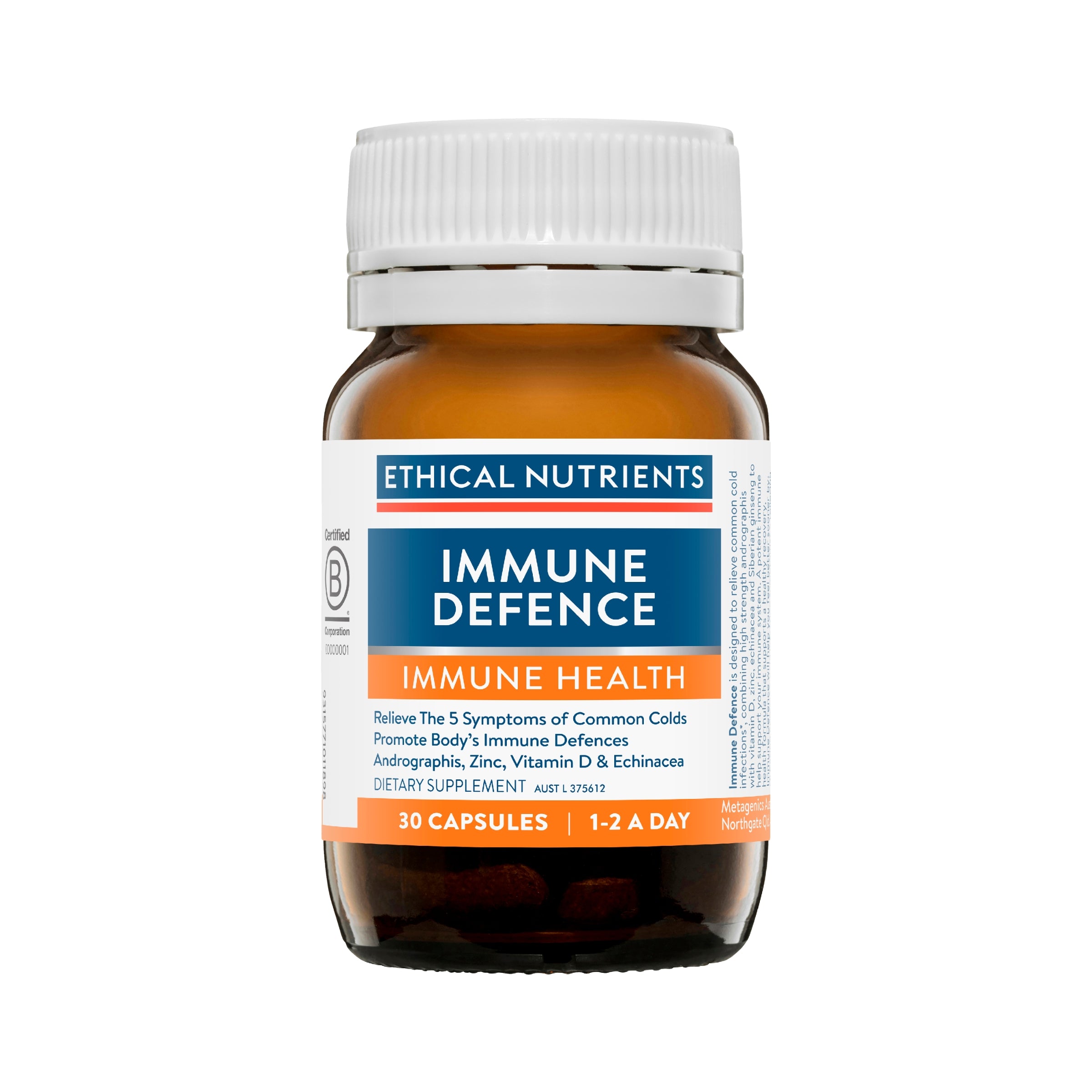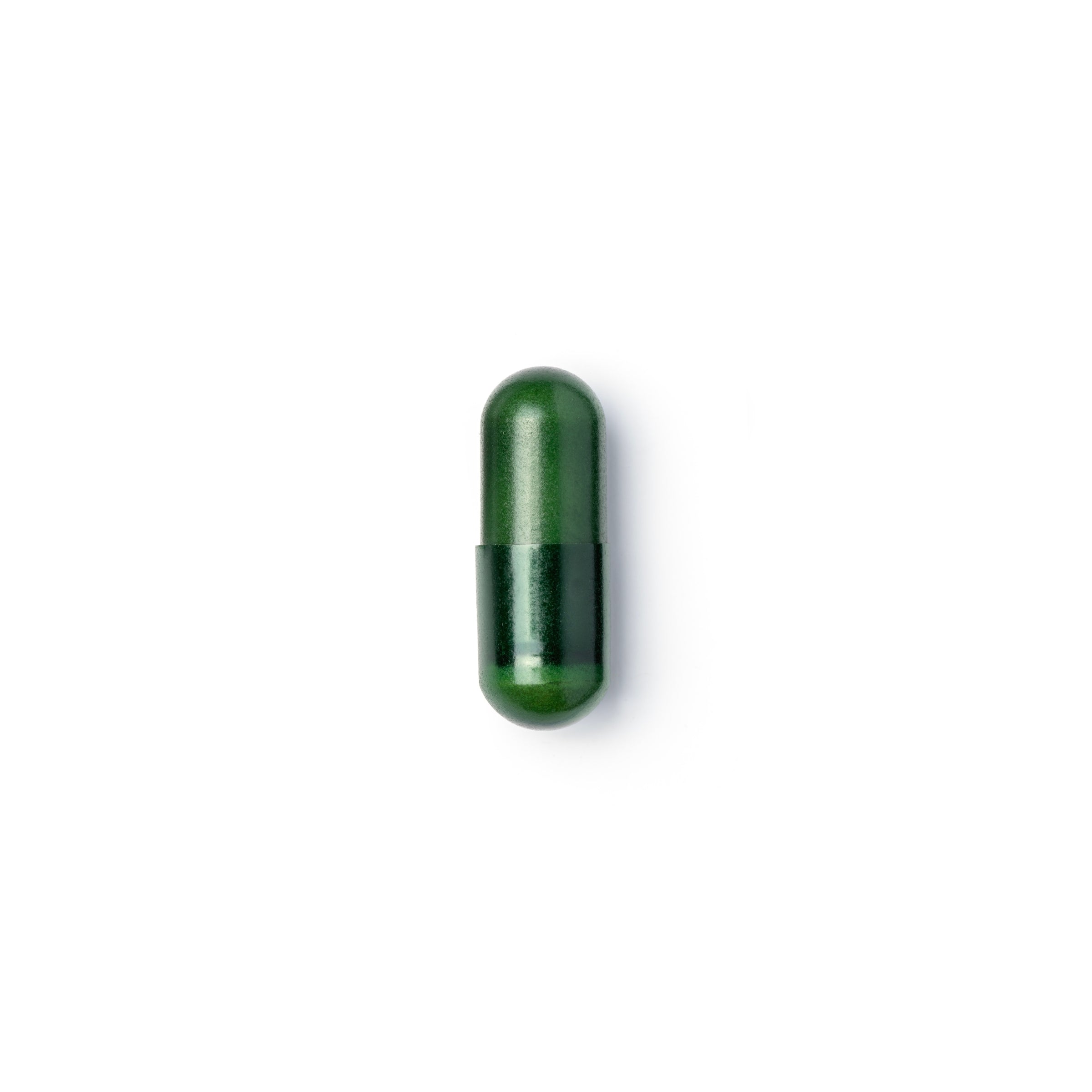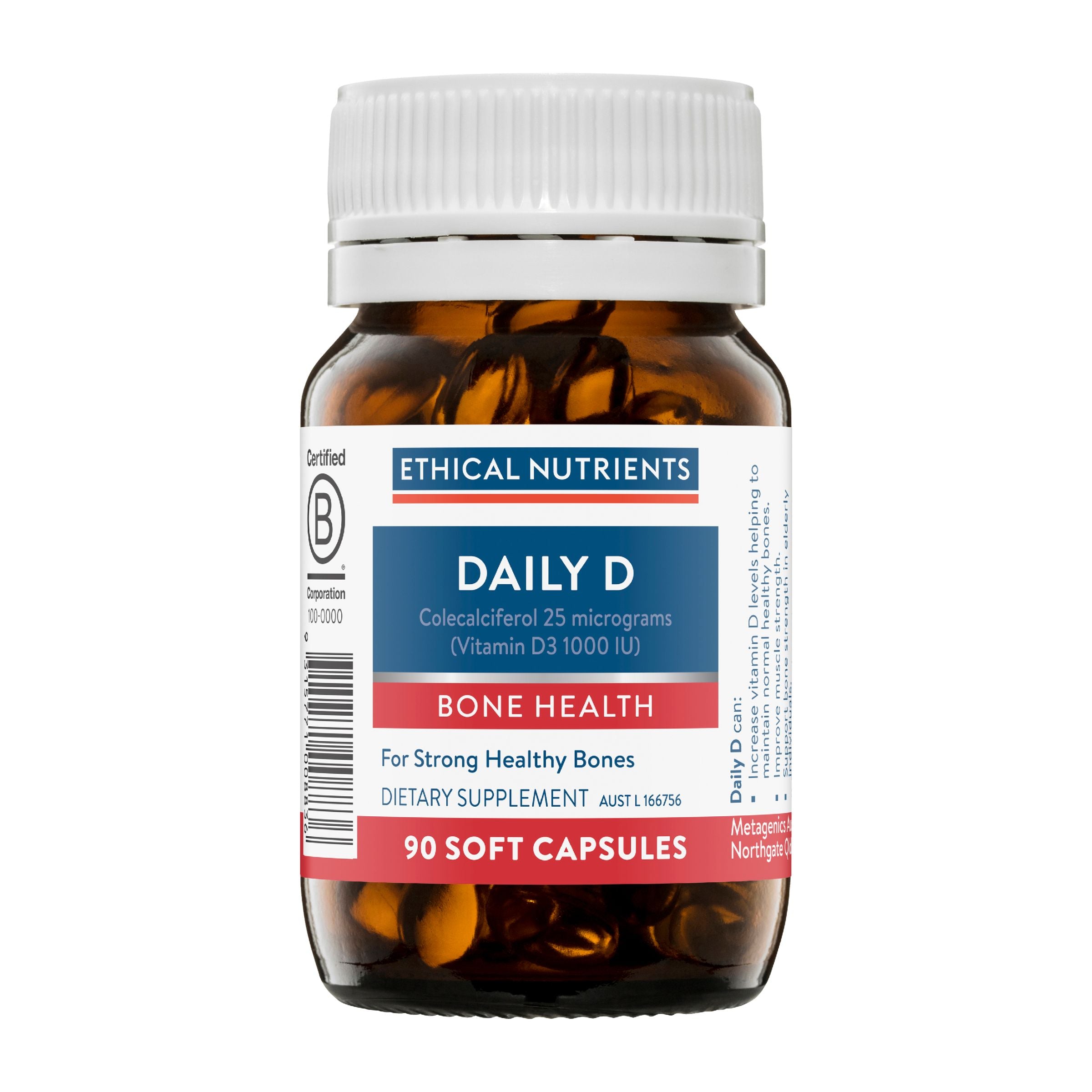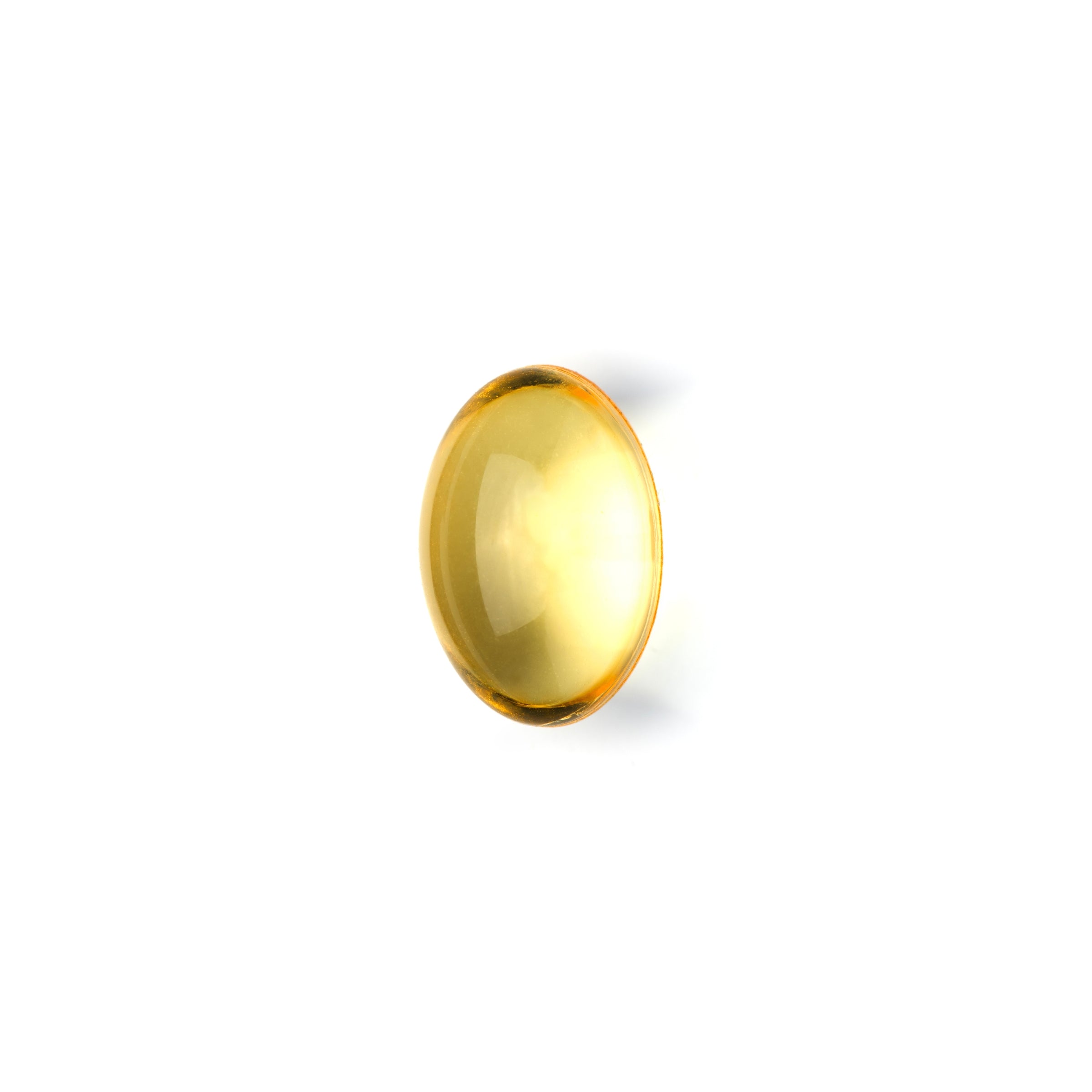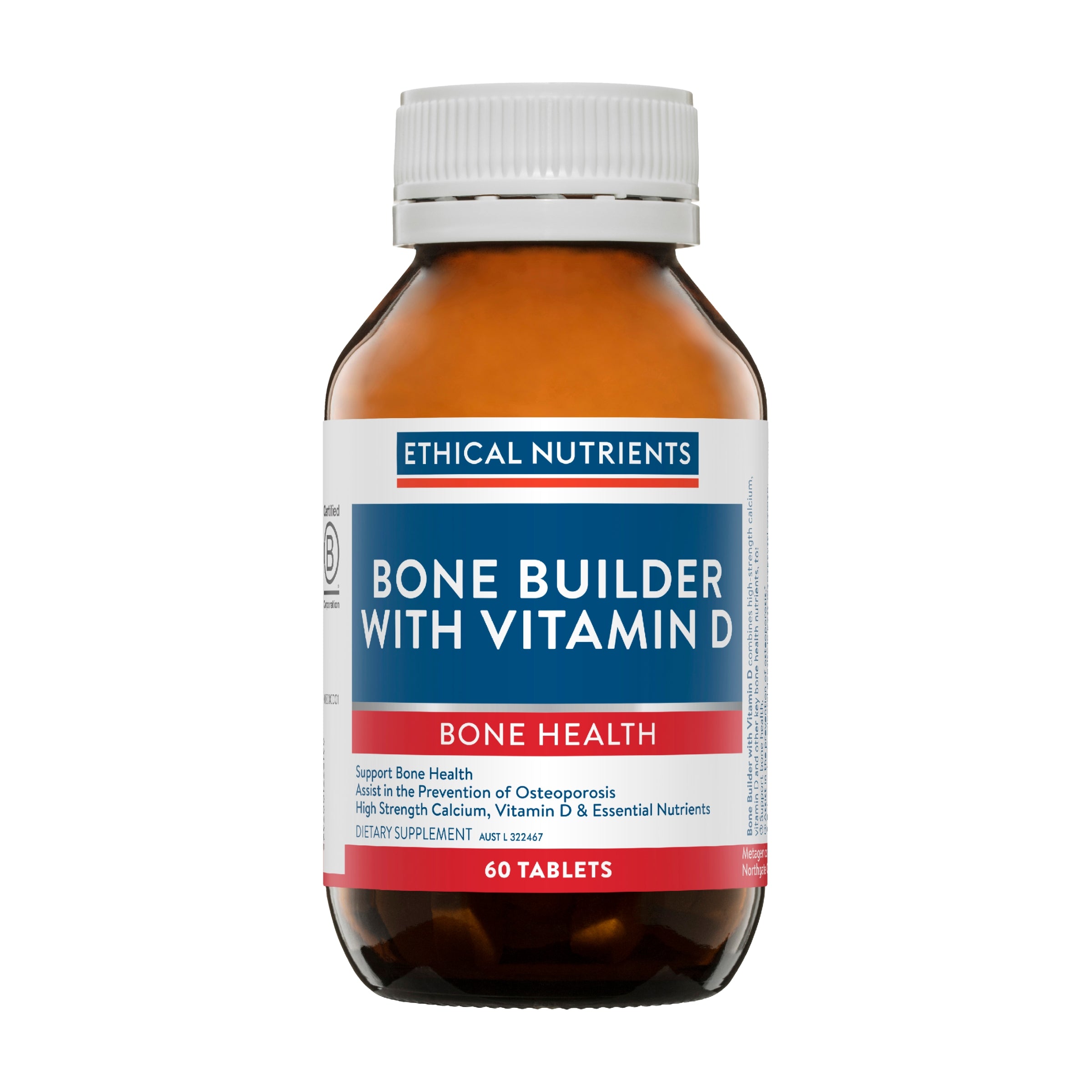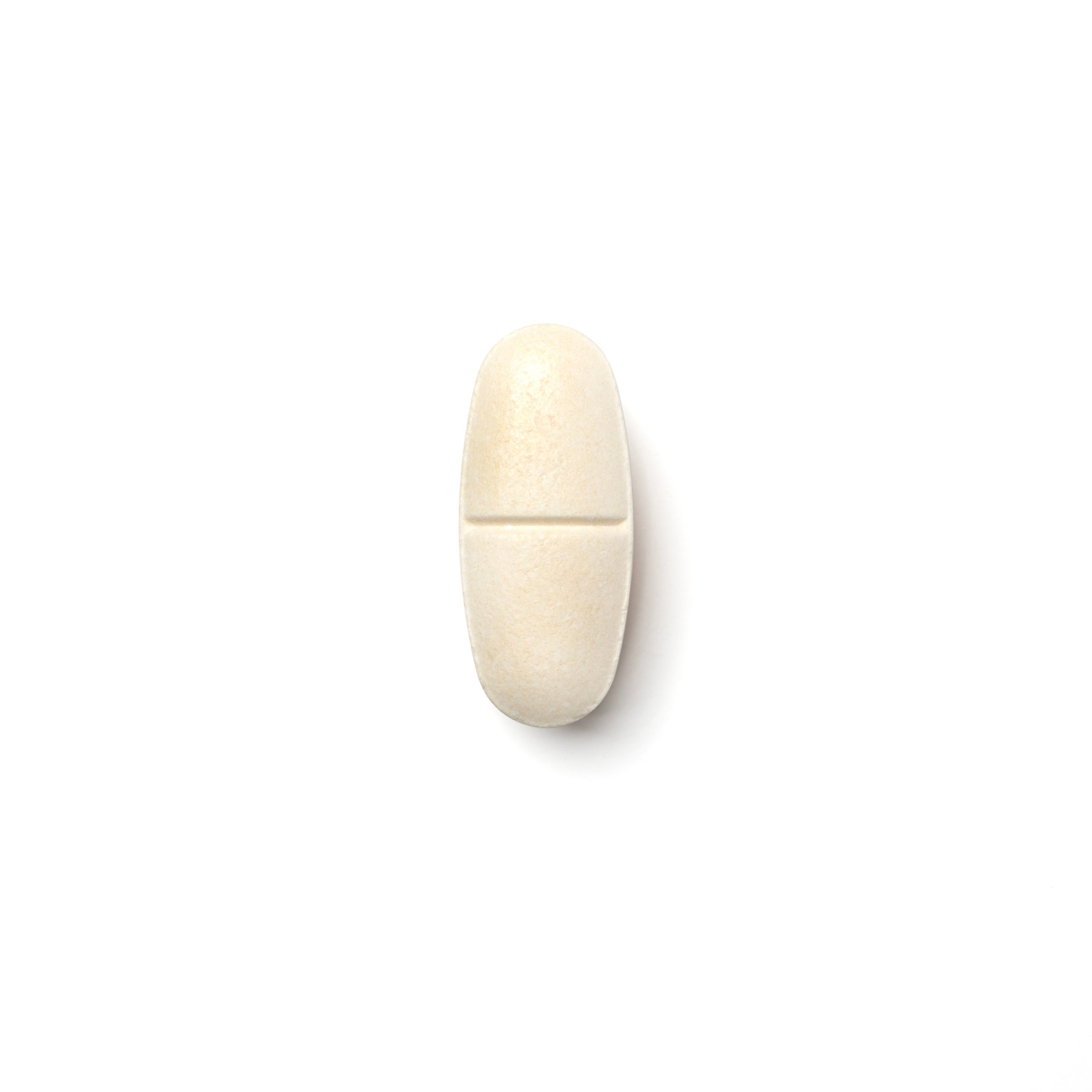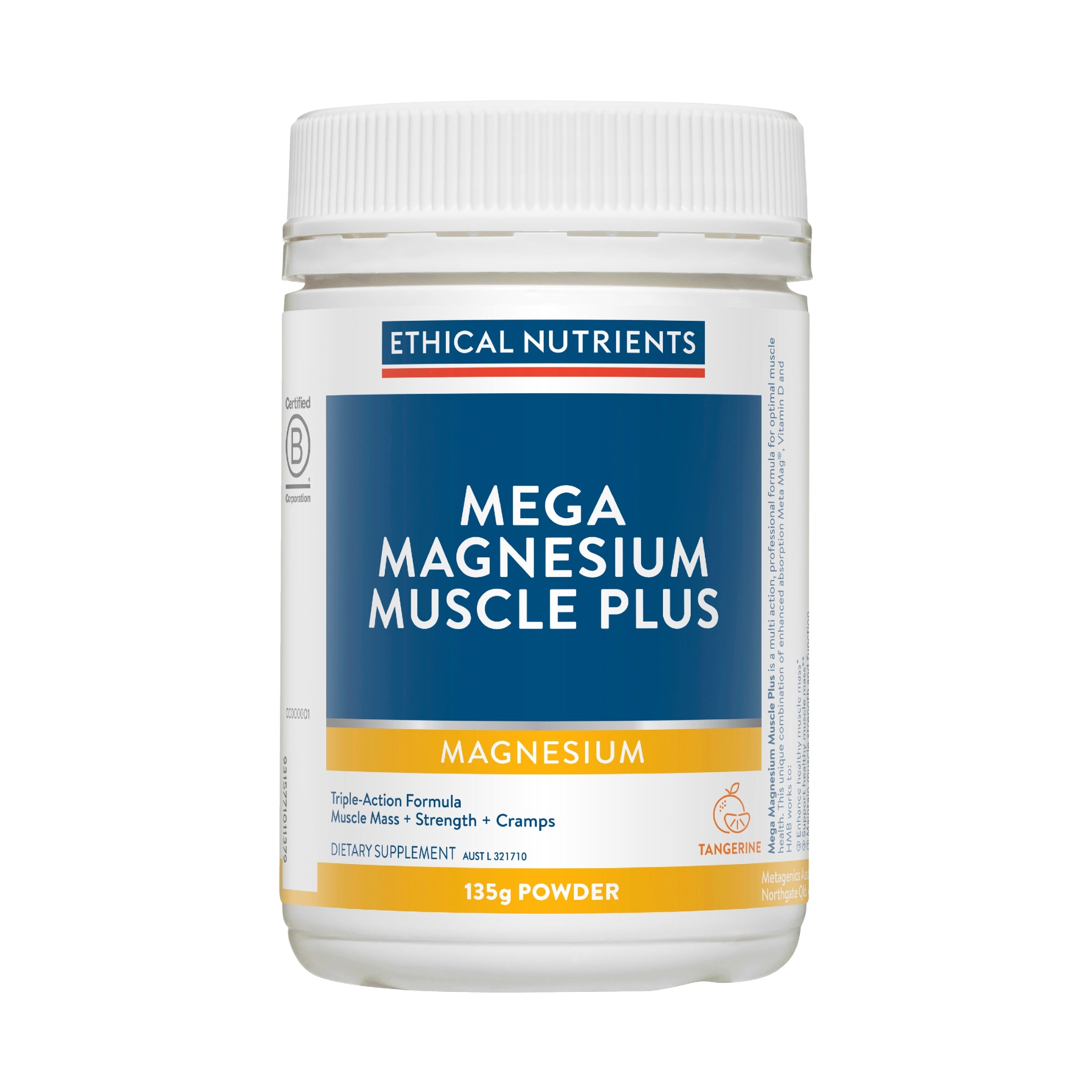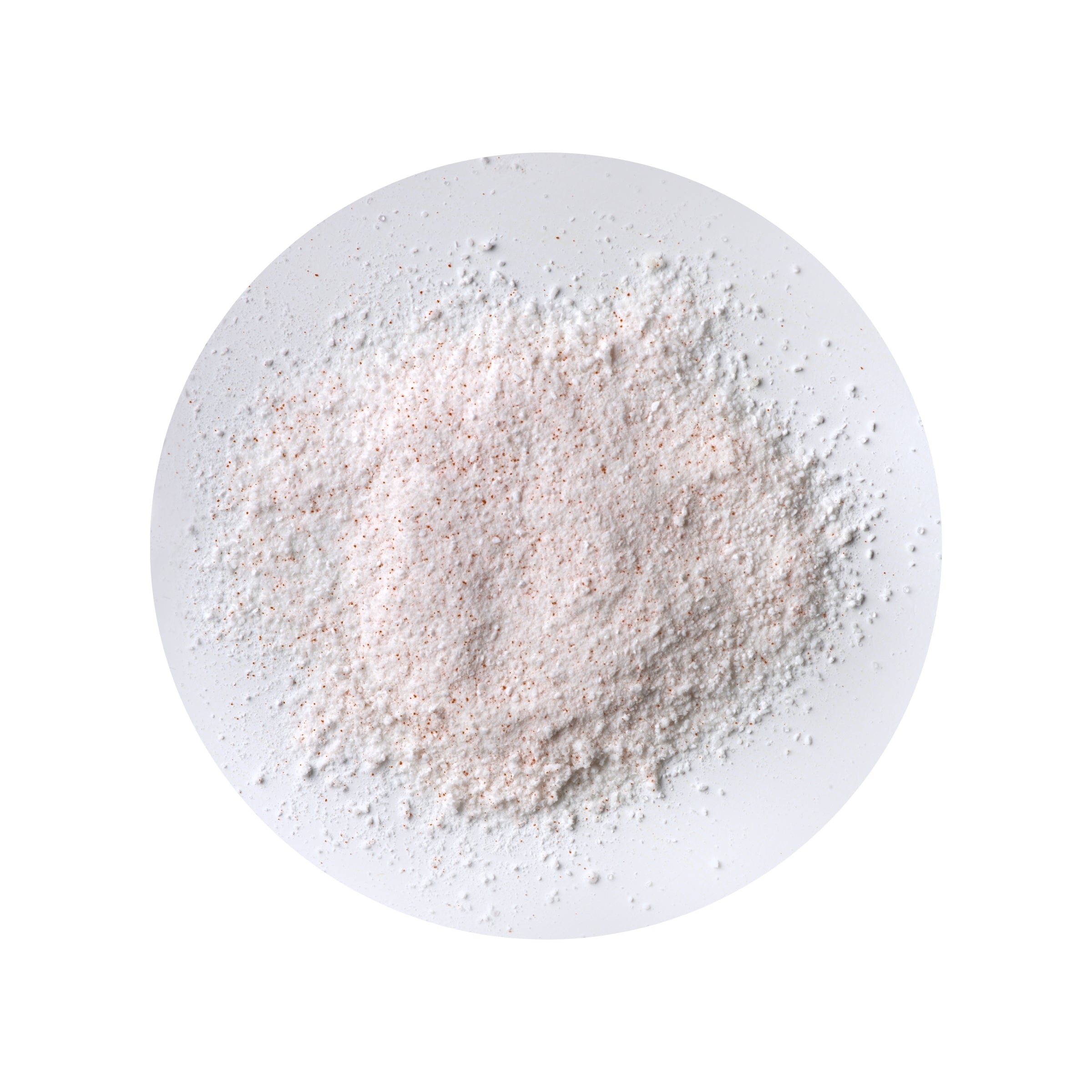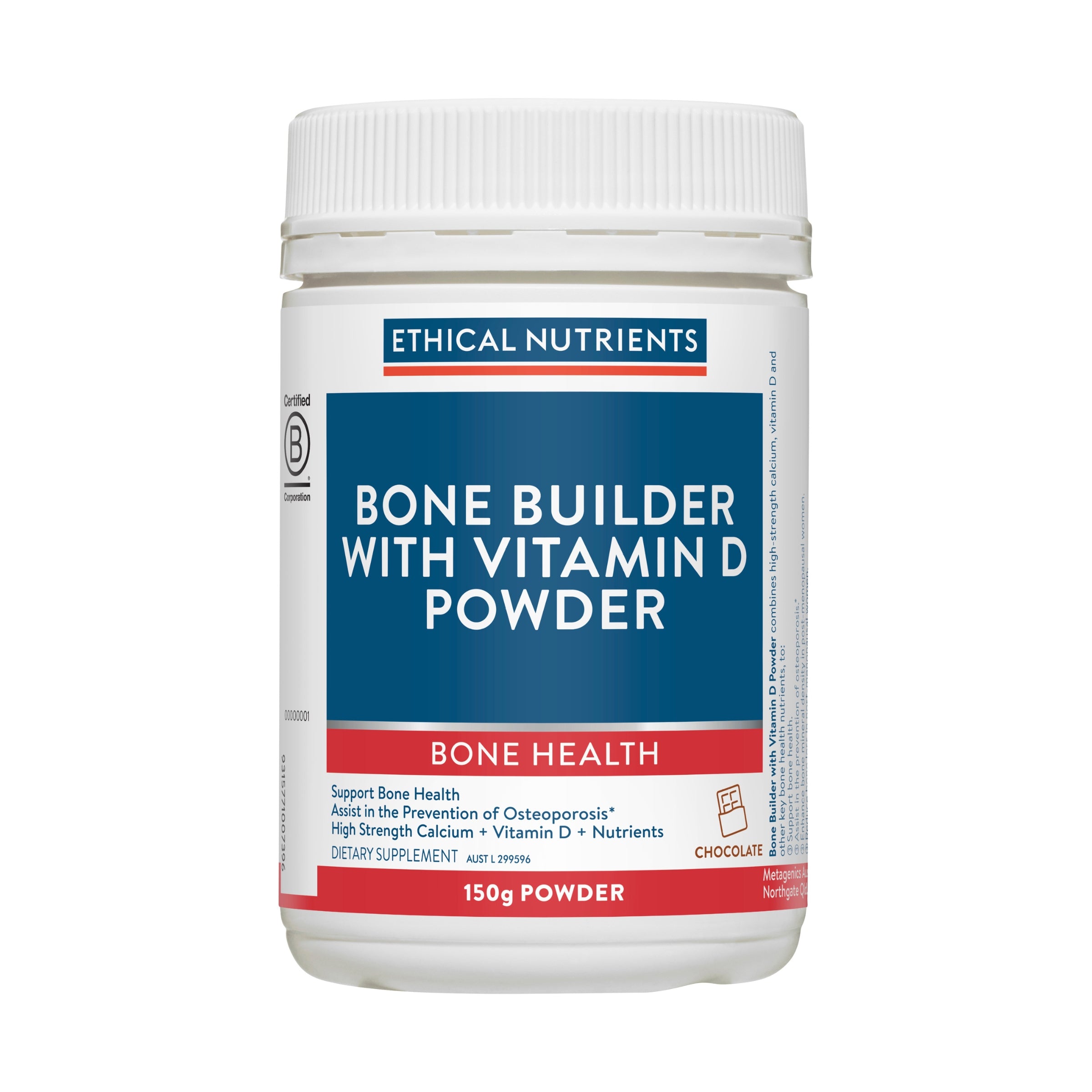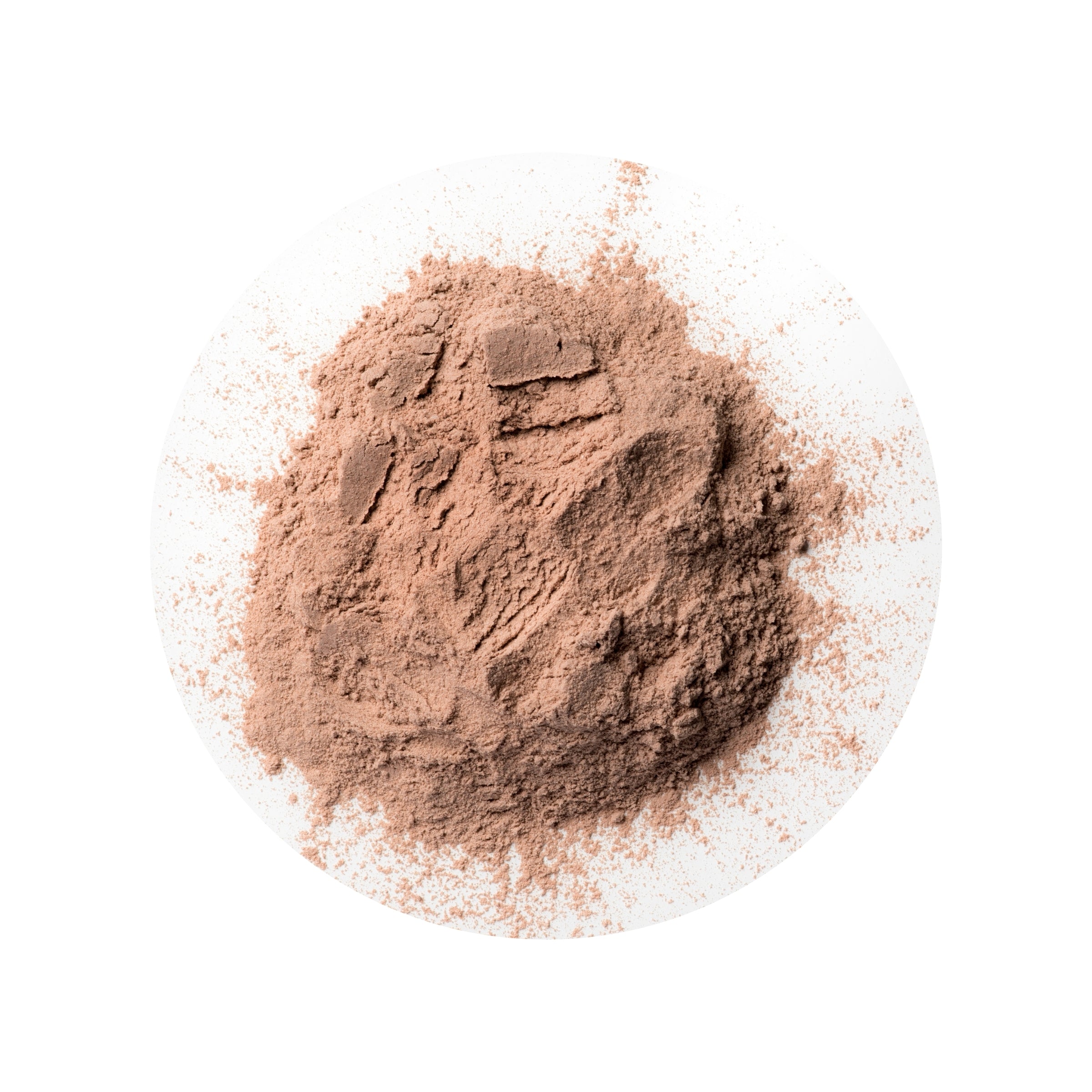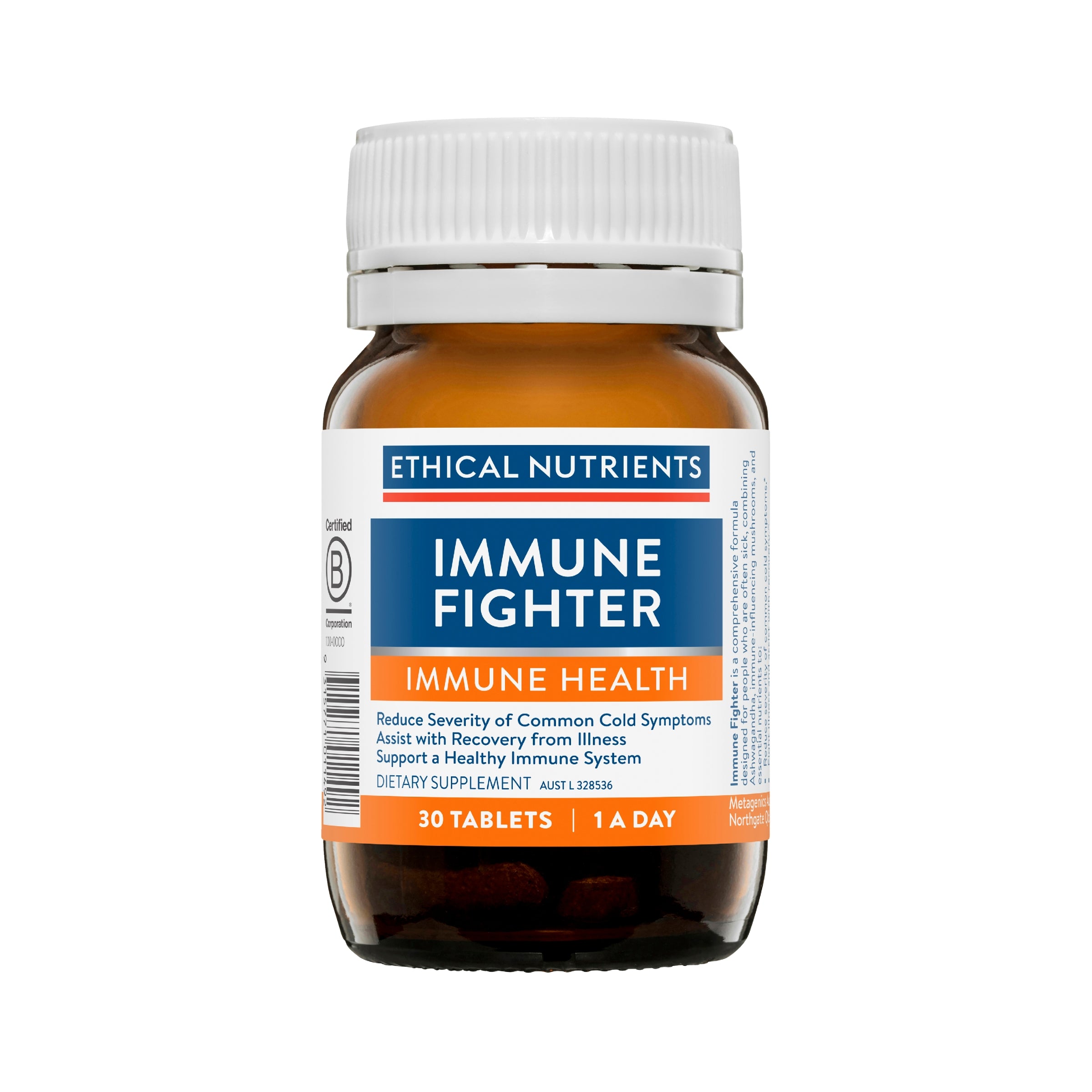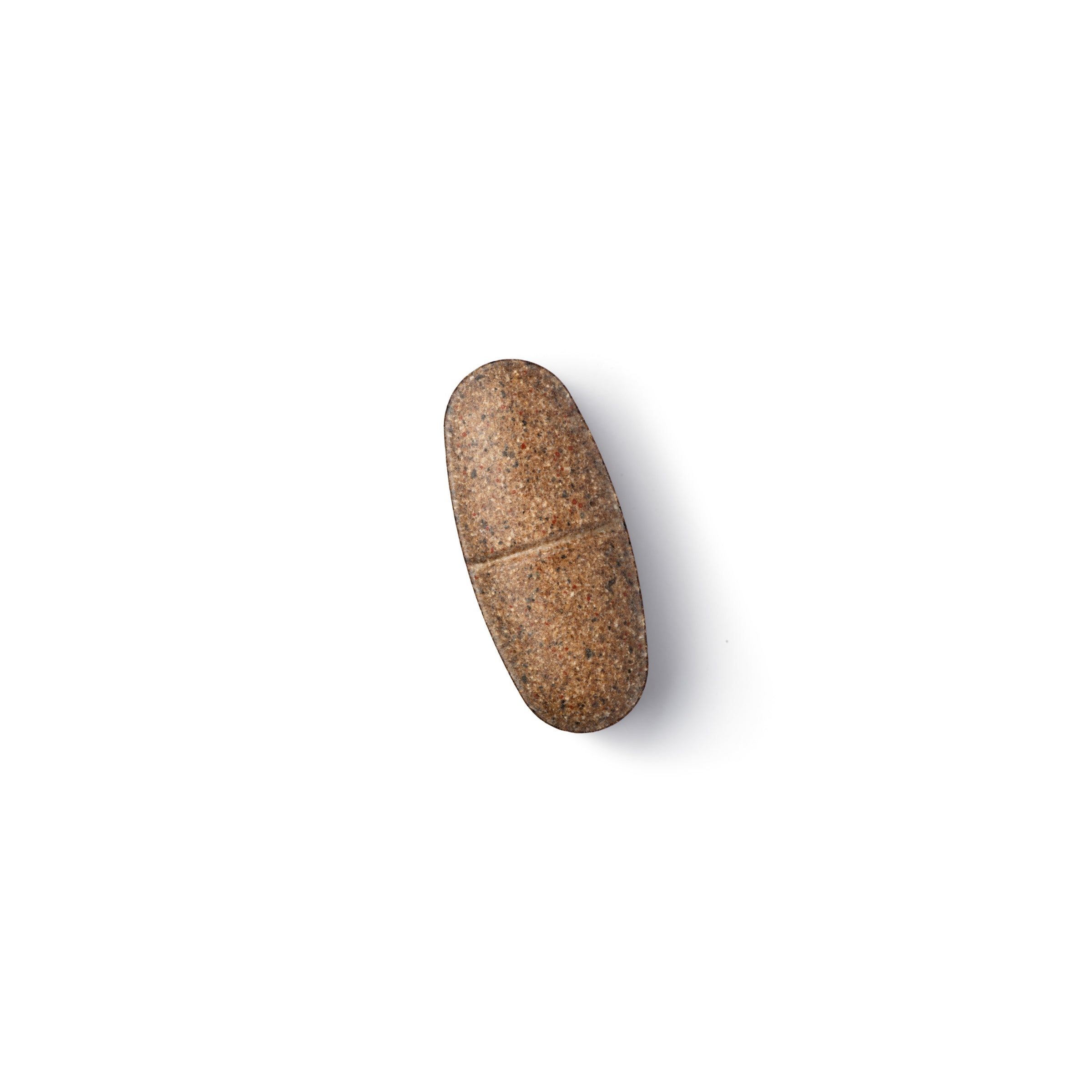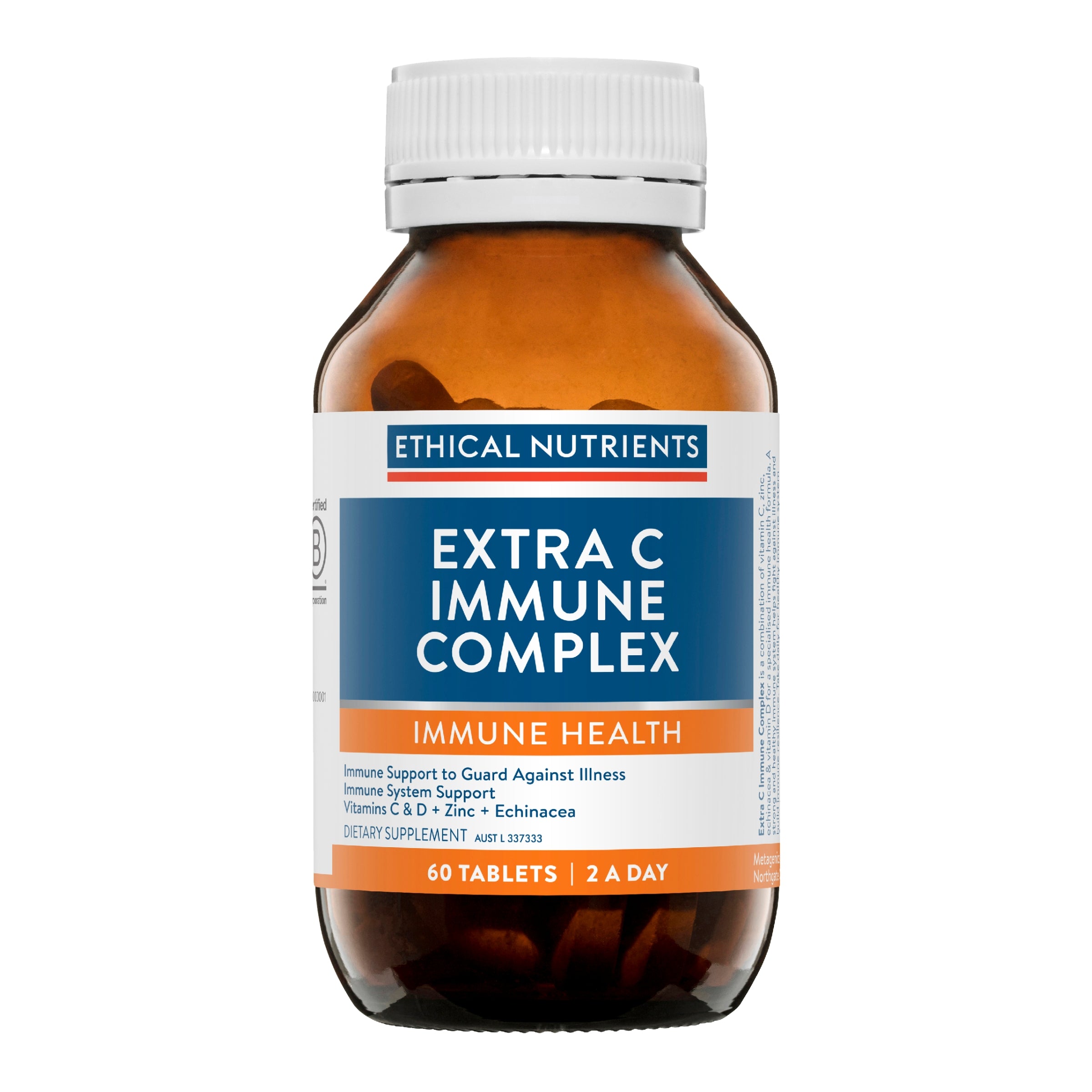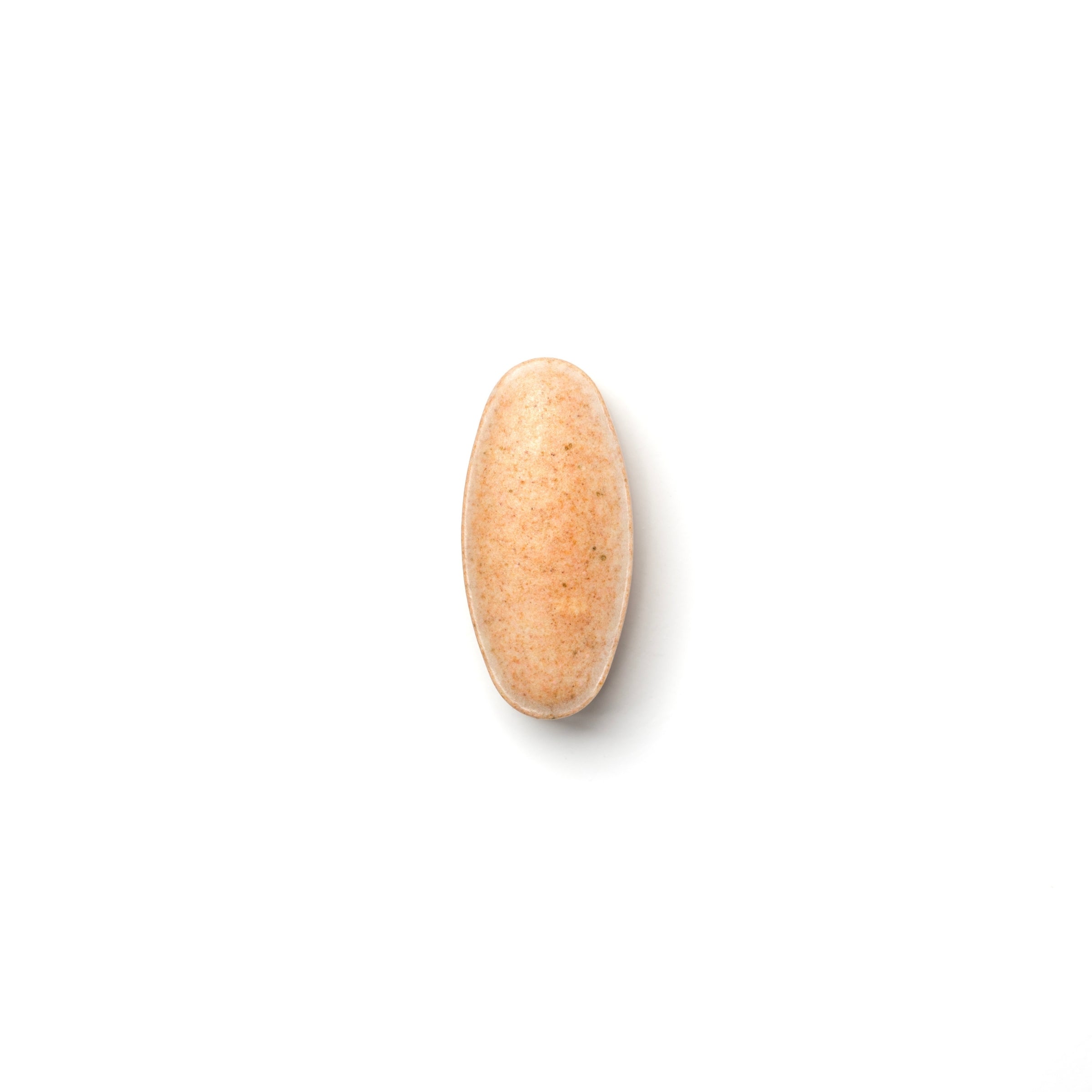Vitamin D, also known as the “sunshine vitamin”, is a hormone that helps control calcium levels in the blood. The sun is the best natural source of Vitamin D, however, the vitamin itself is not delivered by the sun. Instead, sun exposure triggers biochemical processes in the skin that then produce vitamin D in the body.
The best way to obtain vitamin D is through moderate sun exposure. While it is important to have a certain level of sunlight exposure to maintain adequate vitamin D levels in the body, the sun’s UVA and UVB radiation is also the biggest cause of skin cancer1 and premature ageing, especially in Australia. Furthermore, the skin can absorb only a limited amount of vitamin D at a time. More time in the sun does not increase circulating vitamin D levels.
It can be difficult to find the balance of minimising your risk of sun damage while ensuring your body has enough vitamin D for optimal health. Taking vitamin D tablets can help with this.
The Importance of Vitamin D
Vitamin D helps the body in several important ways. The main benefits of vitamin D include:
- Assisting the formation & maintenance of healthy bones, through enhanced calcium absorption
- Supporting the development & maintenance of healthy muscles
- Ensuring the healthy functioning of the immune system
Almost one in four Australians are vitamin D deficient, with even higher instances in the southern states of Australia2.
You are more at risk of vitamin D deficiency if you:
- spend a lot of time indoors
- have limited sun exposure
- are obese
- are pregnant
- are postmenopausal
- actively avoid the sun due to sensitive skin
- take medication that impacts the absorption of vitamin D
- you naturally have very dark skin.
Signs and symptoms of vitamin D deficiency include:
- declining bone density
- bone and joint pain
- osteoporosis
- rickets (in babies and children)
- higher risk of falls and bone fractures
- weakened immune system
- higher risk of developing some cancers
Vitamin D deficiency is simple to identify with a blood test.
Why Take Vitamin D Tablets?
It is difficult to obtain adequate vitamin D through dietary means, though fatty fish (salmon & tuna), cheese, & mushrooms are rich in this vitamin. Some milks, margarines, and cereals are fortified with vitamin D, which can assist with boosting your intake.
As sources of vitamin D are limited, supplementation is a great way to ensure you’re meeting the nutritional requirements for optimal health and wellbeing while protecting your skin in the long term.
It is very important to take Vitamin D supplements according to dosage instructions to avoid toxicity.


